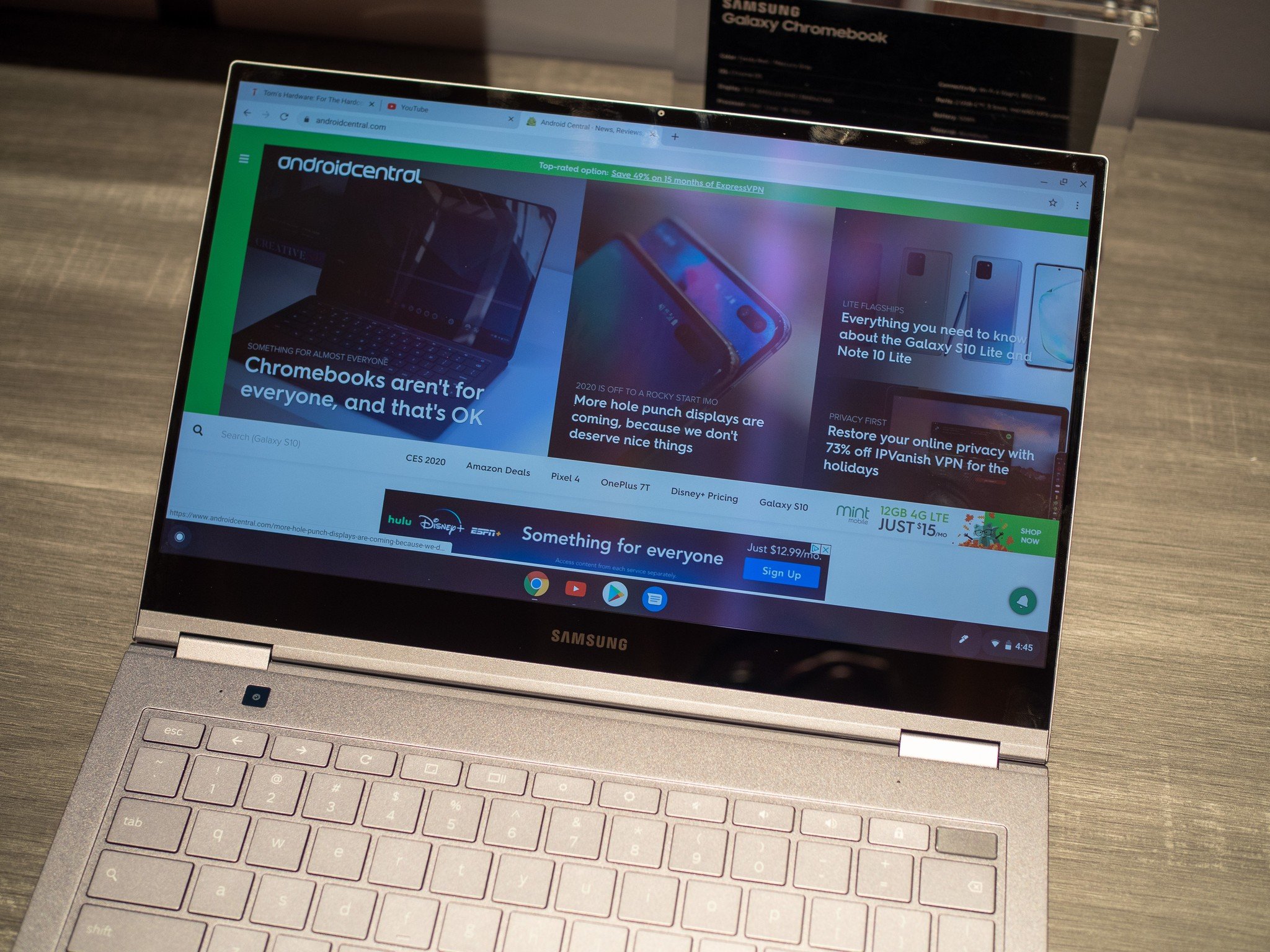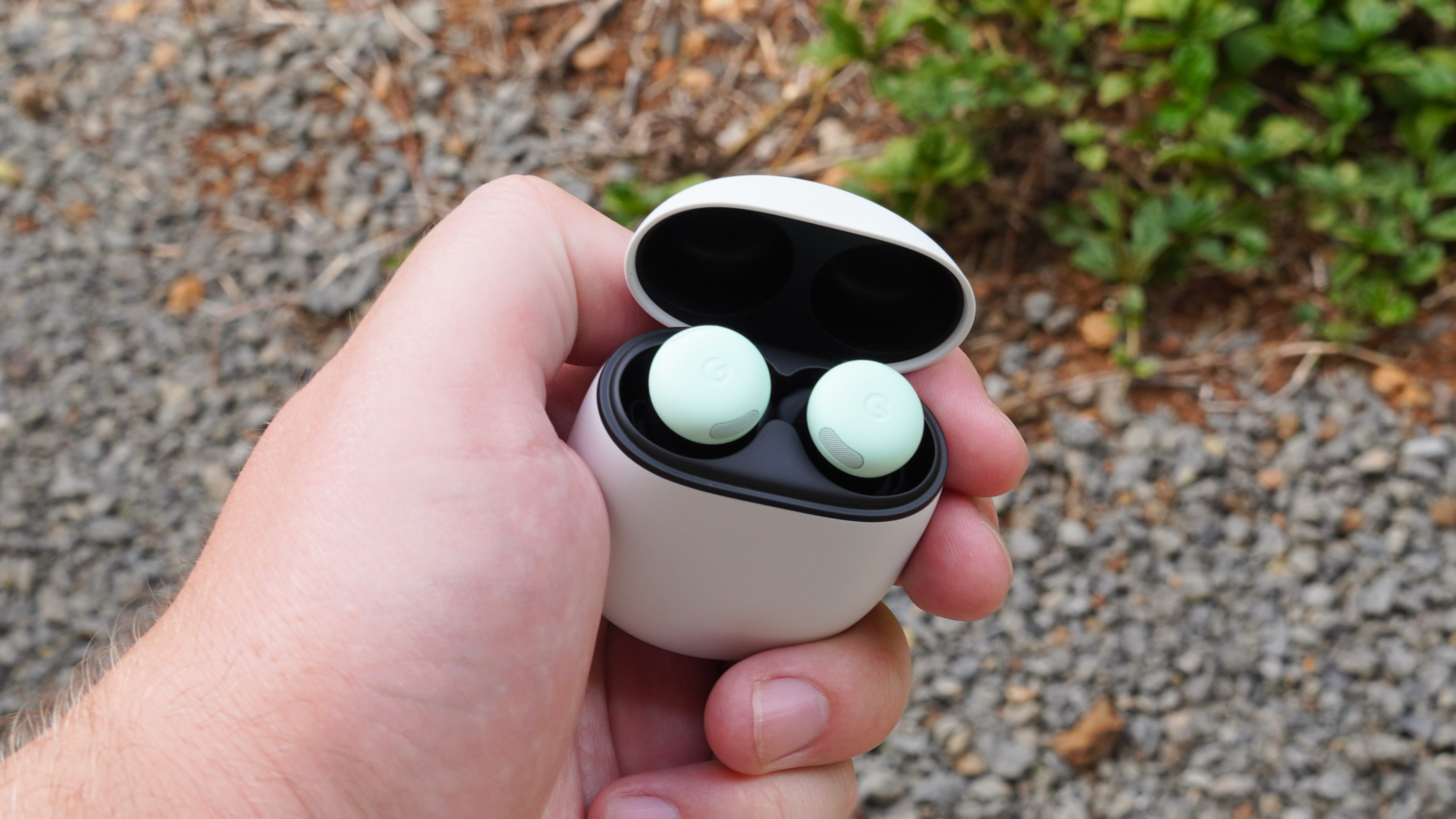Chromebooks with 10th Gen Intel processors could soon gain Steam support

What you need to know
- Google is preparing to add Steam gaming support to select Chromebooks.
- As confirmed by Google at CES earlier this year, Steam gaming support on Chrome OS will be based on Linux.
- Initially, at least, Steam gaming support will only be available on Chromebooks powered by 10th Generation Intel processors.
Earlier this year, a Google executive confirmed that the company was working to bring Steam gaming support to Chrome OS. The folks at 9to5Google have now come up with a new report that sheds more light on exactly how Chrome OS will run Steam and the Chromebooks that will be the first to support it.
The publication says it has been tracking a new project codenamed "Borealis" within the Chrome open-source code for a few weeks now. As per their report, Borealis is based on Ubuntu and comes pre-installed with a copy of Steam. On the other hand, "Crostini" which is the name of the project that allows Chrome OS to run Linux apps, is based on Debian. A recent code change in the Chromium Gerrit seems to suggest Google is testing Steam support as "hatch-Borealis," where "Hatch" happens to be the codename for Chromebooks that feature Intel's 10th Generation processors.
Going by the code change, it looks like the first Chromebooks to get Steam gaming support would be devices like the Samsung Galaxy Chromebook, ASUS Chromebook Flip C436, and the Lenovo Flex 5. It is possible that Google will be adding Steam support for the upcoming crop of AMD Ryzen-based Chromebooks as well, which will be more than capable of providing a decent gaming experience.
These are the best Chromebooks that you can find right now
Get the latest news from Android Central, your trusted companion in the world of Android

